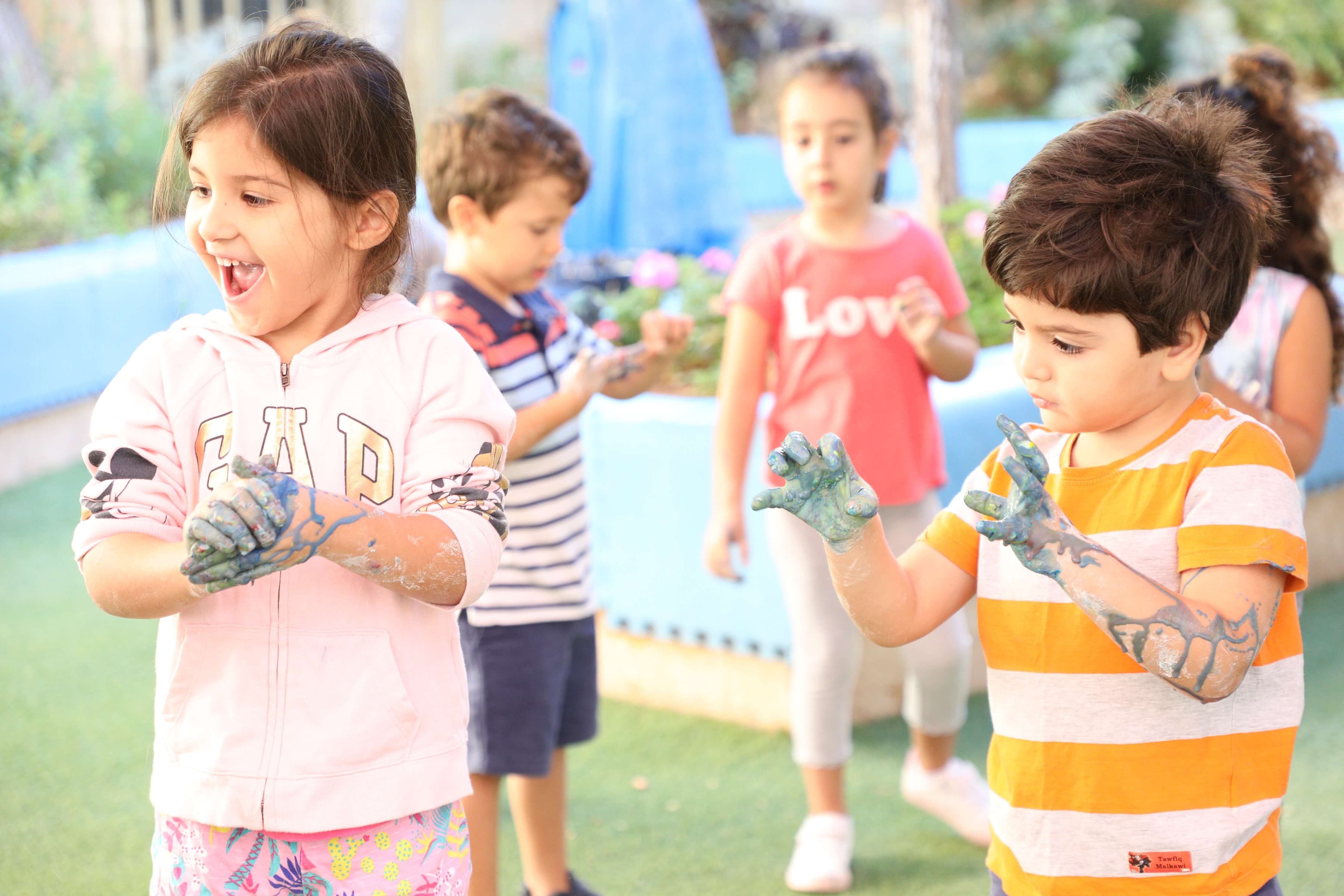- Home
-
IB Primary Years Programme
Primary Years Programme (PYP) at Mashrek International School
At Mashrek International School, we believe that children learn best when they feel safe, supported, and inspired. For students from KG1 to Grade 5 (ages 3–10), we offer the IB Primary Years Programme (PYP)—an internationally recognized framework that nurtures the whole child, academically, socially, and emotionally. , Learning at Mashrek goes beyond textbooks. Through inquiry-based and real-life learning experiences, children are encouraged to ask questions, think critically, and make meaningful connections to the world around them. Subjects are delivered in an integrated way, enabling students to make connections across areas of knowledge and apply their learning to real-life situations.
, Learning at Mashrek goes beyond textbooks. Through inquiry-based and real-life learning experiences, children are encouraged to ask questions, think critically, and make meaningful connections to the world around them. Subjects are delivered in an integrated way, enabling students to make connections across areas of knowledge and apply their learning to real-life situations.
Learning Through Big Ideas
Students in the PYP learn through four themes in Kindergarten and six themes in Primary School, each reflecting shared human experiences. This connected approach encourages curiosity, empathy, and global awareness, while supporting meaningful academic growth and helping students apply learning across subjects and in real-life contexts.
Flexible Learning Environments & small group experiences
Mashrek’s learning environments are designed as open, inclusive, flexible spaces that encourage collaboration, independence, and active engagement. Children move, interact, and learn in ways that feel natural and motivating. To ensure personal attention and strong relationships, Mashrek maintains small teacher–student ratios:
- Kindergarten: 1 teacher for every 7 students
- Primary: 1 teacher for every 8 students
This allows teachers to truly know each child, support individual learning needs, and provide timely guidance. This allows teachers to build a deep understanding of each child, respond to individual needs, and provide timely, meaningful guidance.
Personalized Support Through Flexible Grouping
Every child learns differently. At Mashrek, teachers intentionally group and regroup students based on their current skills and understanding. This flexible approach allows learning to be tailored, ensures that each child receives the right level of support and challenge as they grow.
Well-Being at the Heart of Learning
At Mashrek, each student is supported by a Well-Being Academic Mentor, who closely monitors both their academic progress and emotional, social, and personal growth. Learning is integrated across multiple subjects — including language, mathematics, science, social studies, art, and personal, social and physical education — allowing children to explore big ideas in ways that connect to real-life experiences and nurture their confidence, resilience, and sense of self. Through the PYP transdisciplinary themes, students go beyond traditional subject boundaries to investigate real-world problems, reflect on the significance of their learning, and take meaningful action in their community and the wider world. This approach helps children understand how knowledge is connected, apply what they learn, and develop curiosity, well-being empathy, and global awareness.
A Trusted International School
Mashrek International School has been an IB World School since 2012 and is accredited by the Council of International Schools (CIS). These recognitions ensure that our programmes, safeguarding practices, and learning environments meet rigorous international benchmarks and place students’ well-being at the center of everything we do. Mashrek International School is proud to be both an IB World School and a CIS-accredited school (Council of International Schools). These accreditations reflect our commitment to high-quality education, student well-being, and continuous improvement aligned with international standards.
Through the PYP, students build a strong foundation for a seamless transition into the IB Middle Years Programme (MYP) and Diploma Programme (DP), preparing them to become confident, compassionate, and capable lifelong learners.